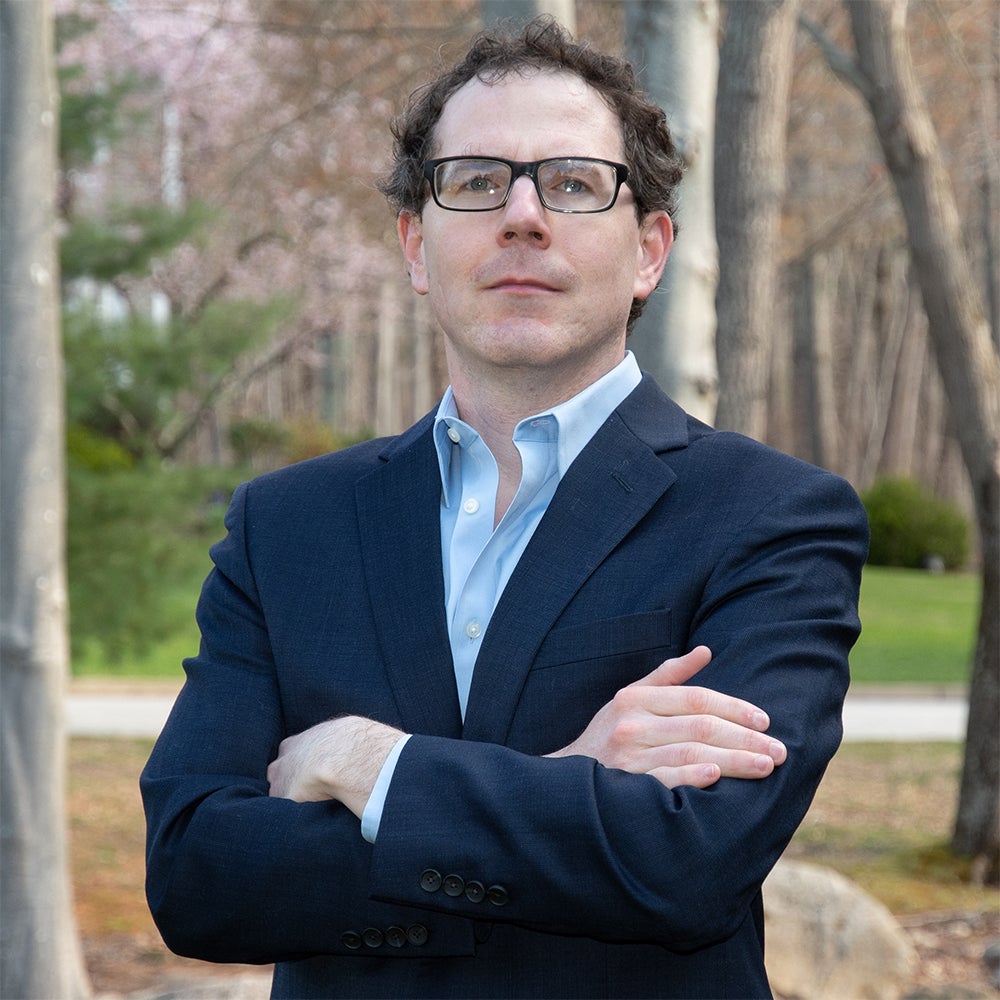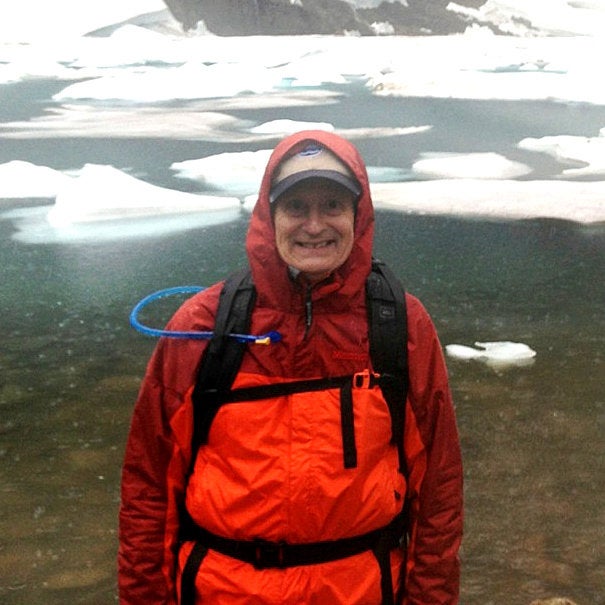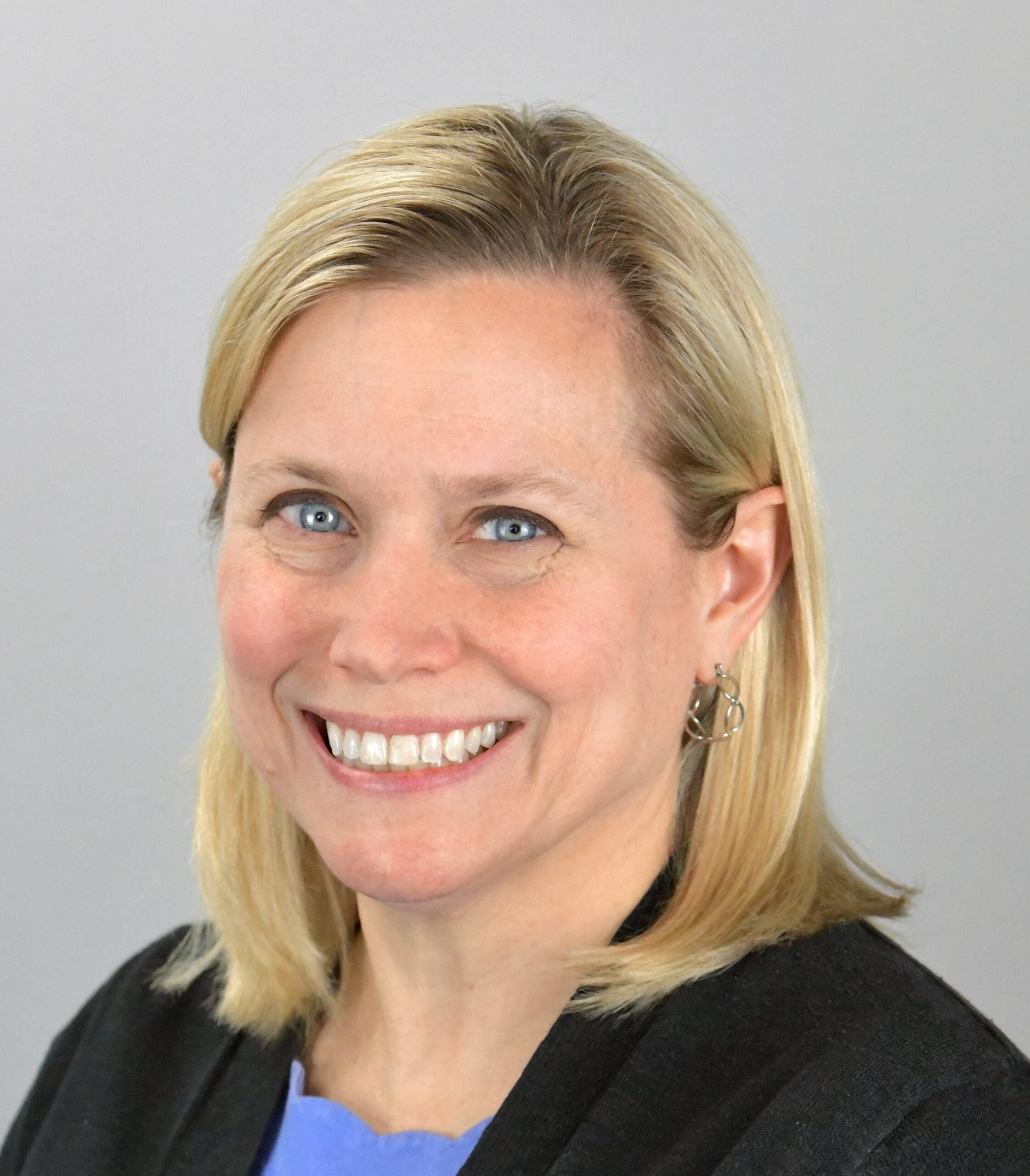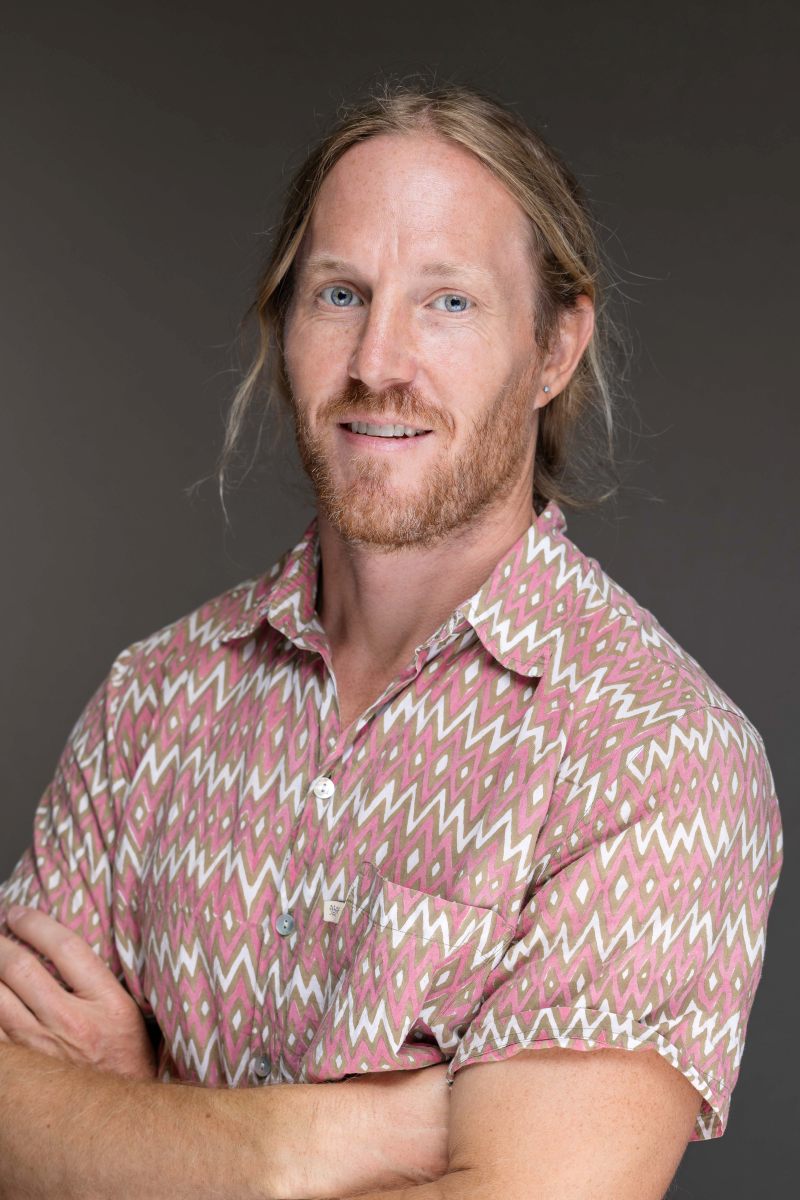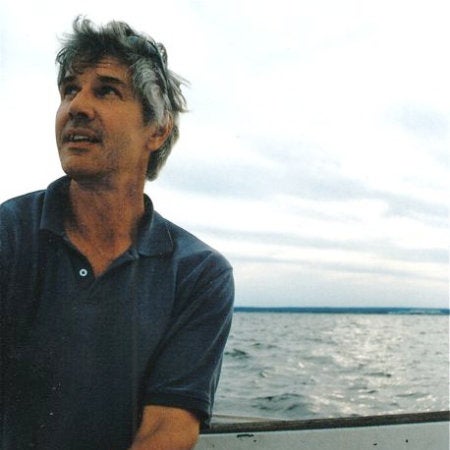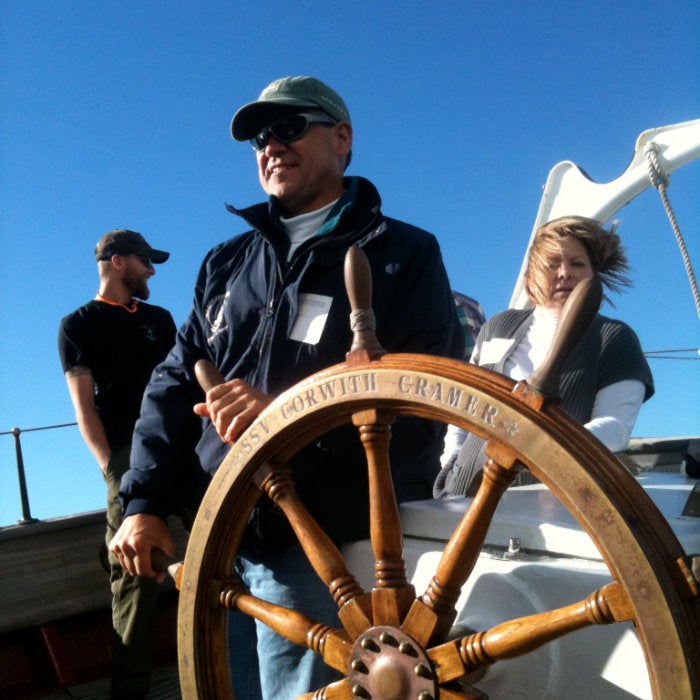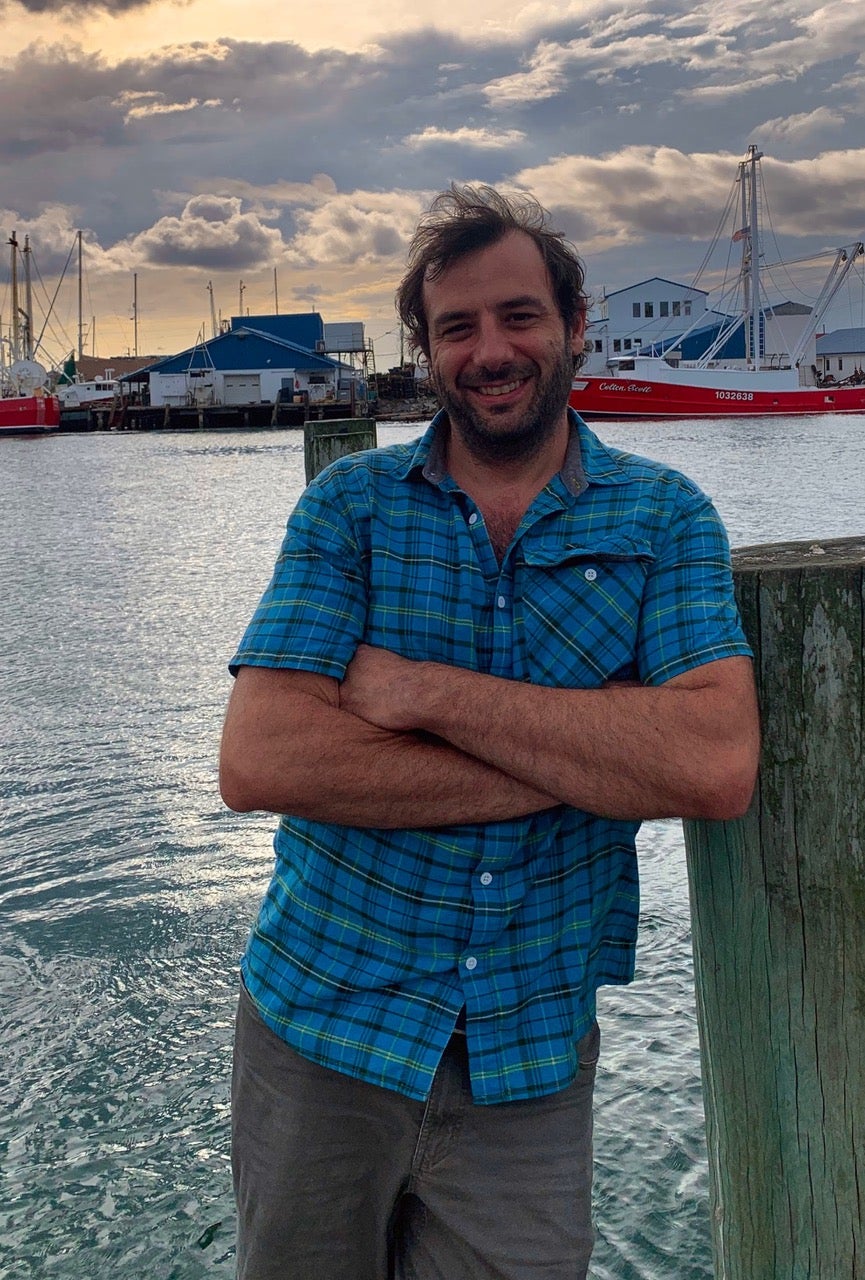Contemporary trends in fisheries have seen emphasis on co-management, discards and bycatch, property rights, and ecosystem-based management. There is a lot to study here and considerable interplay with other topical research areas within the overall field of marine affairs.
Courses Offered
- MAF 300: Race, Gender, Colonialism, and Science
- MAF 330: World Fishing
- MAF/Anthro 413: People and the Sea
- MAF 500: Race, Gender, Colonialism, and Science
- MAF 523: Fisheries Law and Management
- MAF 530: Marine Environmental History
Faculty
Assistant Professor, Limited Joint appointment
Department of Fisheries, Animal and Veterinary Sciences; Marine Affairs
401.874.7083
pbaur@uri.edu
Professor and Director of Rhode Island Sea Grant
Department of Marine Affairs
401.874.6802
dalton@uri.edu
Professor, Joint appointment
Department Marine Affairs; Sociology and Anthropology
401.874.4297
cgarciaquijano@uri.edu
Associate Professor, Joint Appontment
Department of Fisheries, Animal and Veterinary Sciences
Research
- Assessing Societal Impacts of Harmful Macroalgae Blooms in the Caribbean - Tracey Dalton, Carlos Garcia-Quijano, Di Jin, Peter Freeman, Ken Hamel, Patricia Valentin-Llorens. This study explores how Sargassum events and management strategies impact people who live and work in the Caribbean region.
- Public Perceptions of Aquaculture Development in Southern New England - Tracey Dalton (URI), Callan Yanoff (URI), Di Jin (WHOI), Mike Weir (WHOI), Gianna Lourenco (URI), Emma Janson (URI). We are conducting a study to learn more about how people who live in Rhode Island and Massachusetts think about aquaculture farms.
- Attitudinal Factors and Personal Characteristics Influence Support for Shellfish Aquaculture in Rhode Island (US) Coastal Waters - Tracey Dalton, Di Jin This study explores public interests associated with shellfish aquaculture development in coastal waters of Rhode Island (US).
- Using normative evaluations to plan for and manage shellfish aquaculture development in Rhode Island coastal waters - Tracey Dalton, Di Jin, Robert Thompson, Allison Katzanek This study uses data from a mail survey to (1) examine Rhode Islanders’ support for aquaculture in general and in RI waters; (2) investigate how different features of an aquaculture farm influence normative evaluations; and (3) explore areas of agreement and disagreement among stakeholder groups for social carrying capacities associated with aquaculture in RI coastal waters.
- Fishers’ Knowledge and Perceptions of the Emerging Southern New England Jonah Crab Fishery - Corinne Truesdale, Tracey Dalton, Conor McManus To directly assess data gaps and address perspectives on the species and its fishery, we collected fishers’ knowledge by interviewing 15 participants in the southern New England Jonah crab commercial fishery.
- Climate change increases the risk of fisheries conflict - Elizabeth Mendenhall, Cullen Hendrix, Elizabeth Nyman, Paige M. Roberts, John Robison Hoopes, James R. Watson, Vicky W.Y. Lam, and U. Rashid Sumaila
We summarize what is known about the impact of ocean warming, acidification, and sea level rise on fisheries and claims over them, in order to assess the likelihood that these changes will catalyze an increase in conflict over fisheries. - Coral Restoration Social Science and Assessment - Amelia Moore, Austin Humphries, Carlos Garcia-Quijano
Between 2018 and 2022, a team of URI researchers and students will be assessing the social impacts and effects of a large-scale, corporate funded, community oriented coral restoration project in the Spermonde Archipelago of Indonesia. - MAF Professor Elizabeth Mendenhall: Climate Change Increases Risk of Fisheries Conflict - A team of fisheries scientists and marine policy experts, led by Professor Mendenhall, examined how climate change is affecting the ocean environment.

